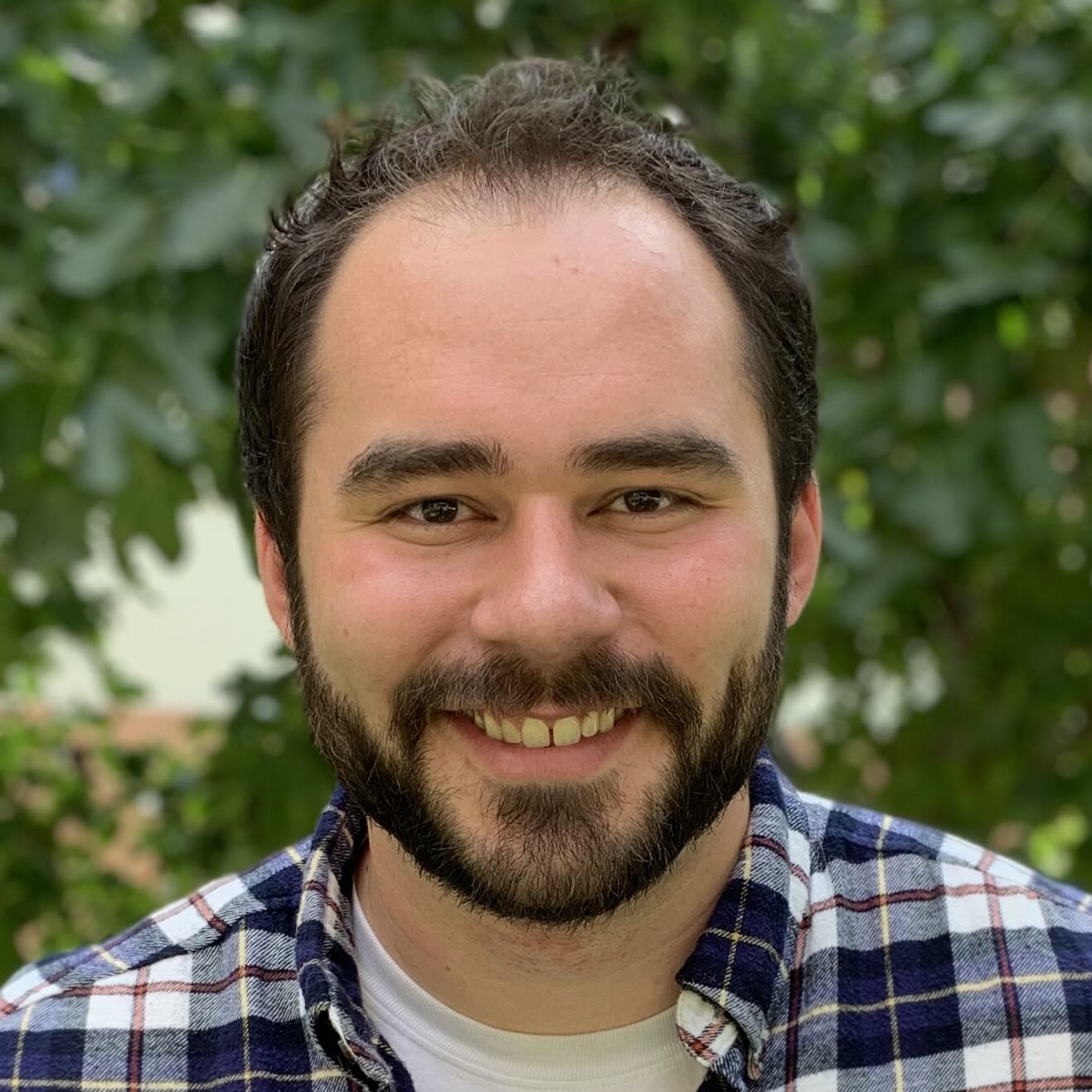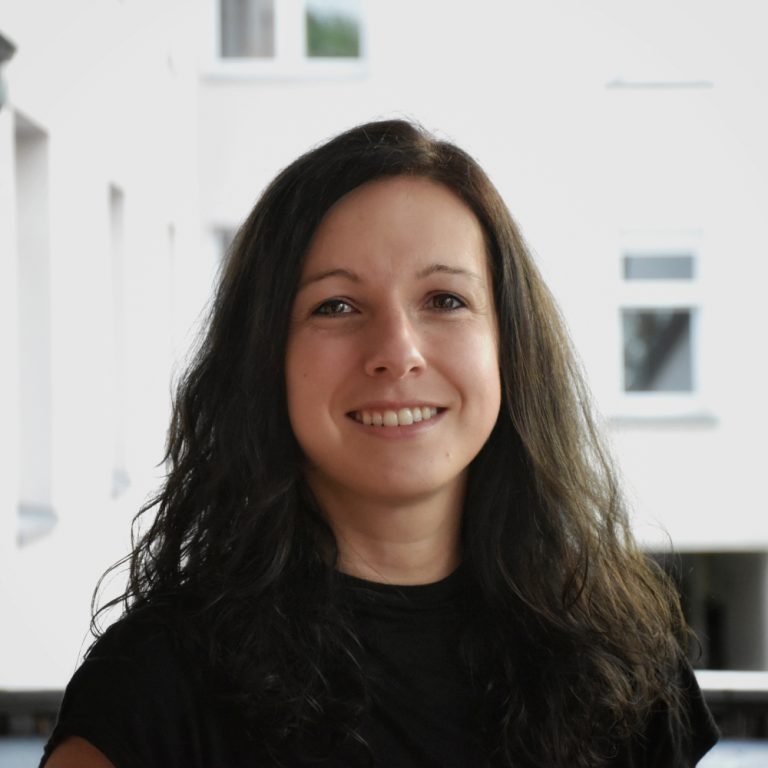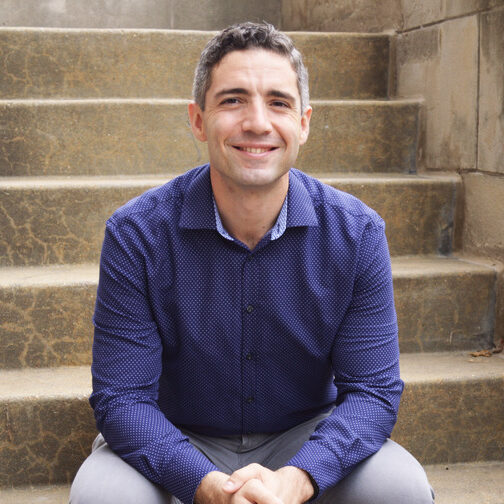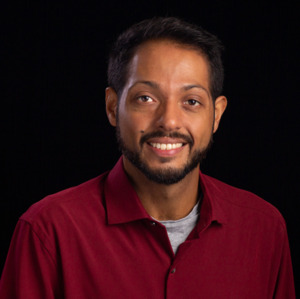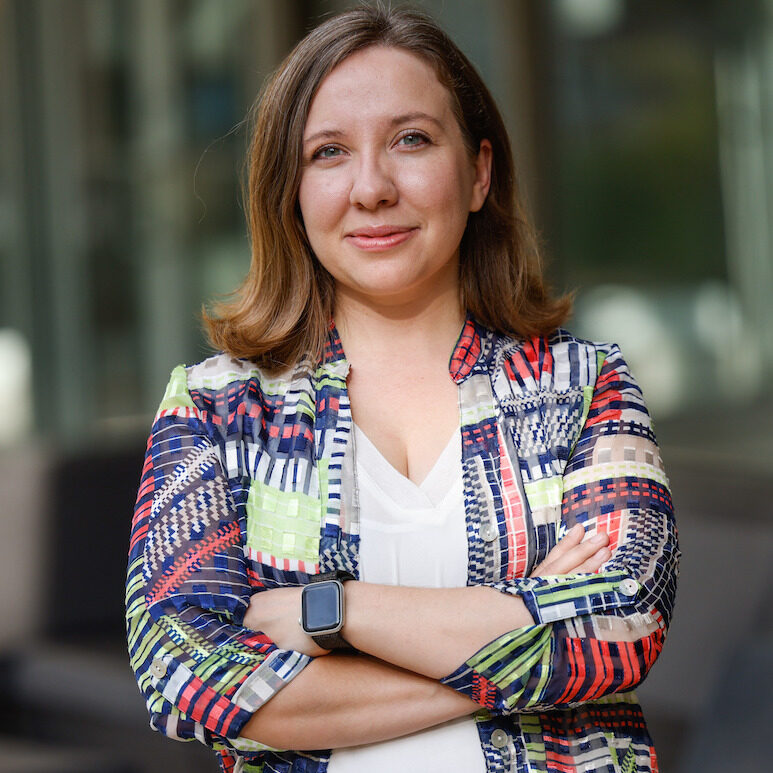The 2nd Workshop on Computer Vision for Earth Observation (CV4EO) Applications is conceived as a platform to foster application-oriented discussions between the computer vision community and experts from geoscience domains, remote sensing data providers, governmental agencies, and other organizations utilizing computer vision-enabled EO data analysis for decision-making in disaster response, national security, environmental protection, and other application areas.
The workshop aims to achieve the following goals:
Promote Multidisciplinary & Cross-Sectoral Interaction toward impactful applications: The workshop will expose members of the CV community to the exciting and impactful applications within the EO domain, discussing real-world applications such as decision-making in disaster response, national security, and environmental protection. CV for EO is a multidisciplinary space with diverse data sources, application domains, and involved disciplines. Addressing its open challenges and opportunities requires interaction ranging from stakeholders, problem owners, to experts on the research and development of data analysis tools. This workshop will foster knowledge exchange and collaborative efforts across multiple disciplines and sectors (e.g., government agencies, data providers, industry, national laboratories, academic researchers)
Address Challenges in Multimodal Data: Data from existing remote sensing modalities are heterogeneous and complementary in many aspects. Passive imagery sources vary significantly in number of channels (e.g., multispectral vs. hyperspectral data), while active imagery such as Synthetic Aperture Radar (SAR) include both amplitude and phase components. Data representation formats also vary: geospatial data is often represented in vector format, and their rasterization for consumption by co-opted CV models leads to information loss. Given this variety of remote sensing modalities, the workshop will focus on strategies for learning while leveraging multiple EO data sources effectively. We invite discussions that address data challenges related to heterogeneity, spatial and temporal resolution, satellite view angle, data fusion and representation formats.
Enable scaling of CV4EO applications: Current EO satellite constellations collect 100+TBs of data a day, and images can be billions of pixels large. While these volumes impose challenges for data management and require customization of model training pipelines, the volume and diversity of remote sensing archival data represent a great potential for a wide variety of applications and the development of Large Vision-Langauge Models.
Evaluation & benchmarking of CV4EO (Large Vision-Language) models: Establishing best practices, benchmarking datasets and standardized evaluation protocols remains an important challenge that, while not unique to CV4EO, is particularly critical for applications with real-world impact. For example, generalization across geographies, seasonalities, imaging conditions, as well as uncertainty quantification are crucial attributes toward robust and trustworthy models suitable for supporting crisis management (e.g. disaster response) and urban/environmental planning workflows. Recent developments on general purpose Foundation Models for EO have been demonstrating great potential to enable improved and novel CV4EO applications, but also underscoring the need for a joint community effort on establishing benchmarks and evaluation practices that go beyond traditional task-specific benchmarks.
Benefit the Computer Vision Community: Tackling the spatial-temporal awareness, data volumes and multimodal reasoning challenges in CV for EO also has broader implications for the CV community. Similar challenges are faced in domains such as autonomous navigation and biomedical image analysis. The workshop will explore how advancements in CV for EO can contribute to addressing these shared challenges.
Foster Talent Formation and Recruitment: The workshop aims to attract and engage talents in CV for EO, as institutions conducting geospatial data analysis face fierce competition for CV and AI expertise. By introducing attendees to applied research opportunities and practical applications, the workshop will contribute to talent formation and recruitment efforts.


